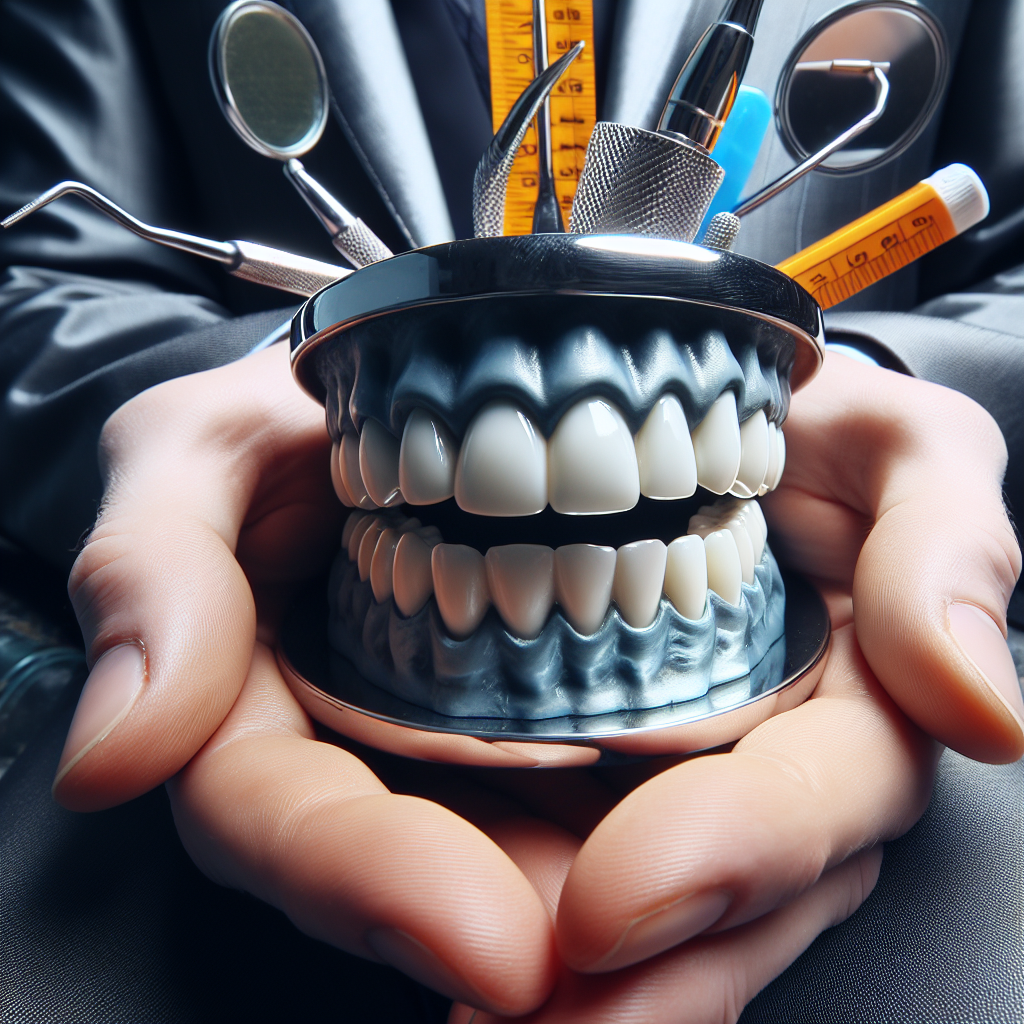Did you know that toothaches are one of the most common dental complaints worldwide? They can range from mild discomfort to excruciating pain, often causing difficulty in eating, sleeping, and concentrating. The need to calm a toothache fast has always been a priority for those experiencing such dental discomfort.
Toothaches have been documented throughout history, with ancient civilizations using various remedies such as herbs, oils, and even magic spells to alleviate the pain. In modern times, the use of over-the-counter pain relievers and home remedies has become the go-to solution for many individuals dealing with toothaches. However, the need for quick relief remains a challenge, especially for those unable to access immediate dental care.
One simple and effective way to calm a toothache fast is by rinsing the mouth with warm salt water. This age-old remedy helps reduce inflammation and kill bacteria in the affected area, providing temporary relief from the pain. Additionally, applying a cold compress to the outside of the cheek near the painful tooth can help numb the area and reduce swelling. These simple solutions can offer quick relief while waiting to see a dentist for a more permanent solution.
Another important aspect of calming a toothache fast is addressing the underlying cause of the pain. Whether it be a cavity, infection, or gum disease, seeking professional dental care is essential to prevent further complications. Ignoring a toothache can lead to more serious issues such as tooth loss or systemic infections. By taking prompt action and following these simple remedies, individuals can effectively calm a toothache fast and ensure their oral health is maintained.
Looking for Quick Relief for a Toothache?
When you’re faced with a sudden toothache, finding fast relief is crucial. There are several methods you can try to calm a toothache quickly, from rinsing with warm salt water to applying a cold compress to the outside of your mouth. However, it’s important to remember that these are just temporary solutions and you should always seek professional dental care to address the root cause of the pain. Keep reading to learn more about how you can effectively calm a toothache fast and when it’s time to see a dentist.
Treat the Pain with Over-the-Counter Medication
If you are experiencing a toothache, one of the quickest ways to alleviate the pain is by taking over-the-counter pain medication. Ibuprofen or acetaminophen can help reduce inflammation and provide temporary relief from the discomfort.
Rinse with Salt Water
Another effective way to calm a toothache fast is by rinsing your mouth with warm salt water. Mix a teaspoon of salt in a glass of warm water and swish it around in your mouth for about 30 seconds. This can help reduce inflammation and kill bacteria that may be causing the pain.
Apply a Cold Compress
Using a cold compress on the outside of your cheek can help numb the pain and reduce inflammation. Simply wrap a bag of ice or a frozen vegetable pack in a towel and hold it against the affected area for 15-20 minutes at a time.
Use Clove Oil
Clove oil has natural numbing properties and can be effective in relieving toothache pain. Apply a small amount of clove oil to a cotton ball and place it on the sore tooth or gums for several minutes. Be careful not to apply too much clove oil as it can cause irritation.
See a Dentist
If the pain persists or is severe, it is important to see a dentist as soon as possible. Ignoring a toothache can lead to more serious oral health issues, so it is best to address the problem promptly. A dentist can diagnose the cause of the pain and recommend appropriate treatment options.
According to the American Dental Association, 22% of Americans have experienced dental pain in the past six months.
– Rinse your mouth with warm salt water
– Use over-the-counter pain medication like ibuprofen or acetaminophen
– Apply a cold compress to the outside of your cheek
– Use clove oil or benzocaine gel as a natural numbing agent
– Practice good oral hygiene by brushing and flossing regularly
– Visit your dentist for regular check-ups and cleanings
– Avoid consuming too many sugary or acidic foods and drinks
– Wear a mouthguard if you grind your teeth while sleeping
Conclusion
In conclusion, a toothache can be extremely painful and disruptive, but there are several ways to quickly alleviate the discomfort. The first step is to rinse your mouth with warm salt water, which can help to reduce inflammation and kill bacteria. Over-the-counter pain medication such as ibuprofen or acetaminophen can also provide fast relief from the pain. Additionally, applying a cold compress to the outside of your cheek near the affected tooth can help to numb the area and reduce swelling.
It is important to remember that these are just temporary measures and that it is essential to see a dentist as soon as possible to address the underlying cause of the toothache. Neglecting dental care can lead to more serious issues down the road, so it is crucial to seek professional help. In the meantime, avoiding very hot or cold foods and drinks, sticking to soft foods, and maintaining good oral hygiene can also help to minimize the pain and discomfort associated with a toothache.

